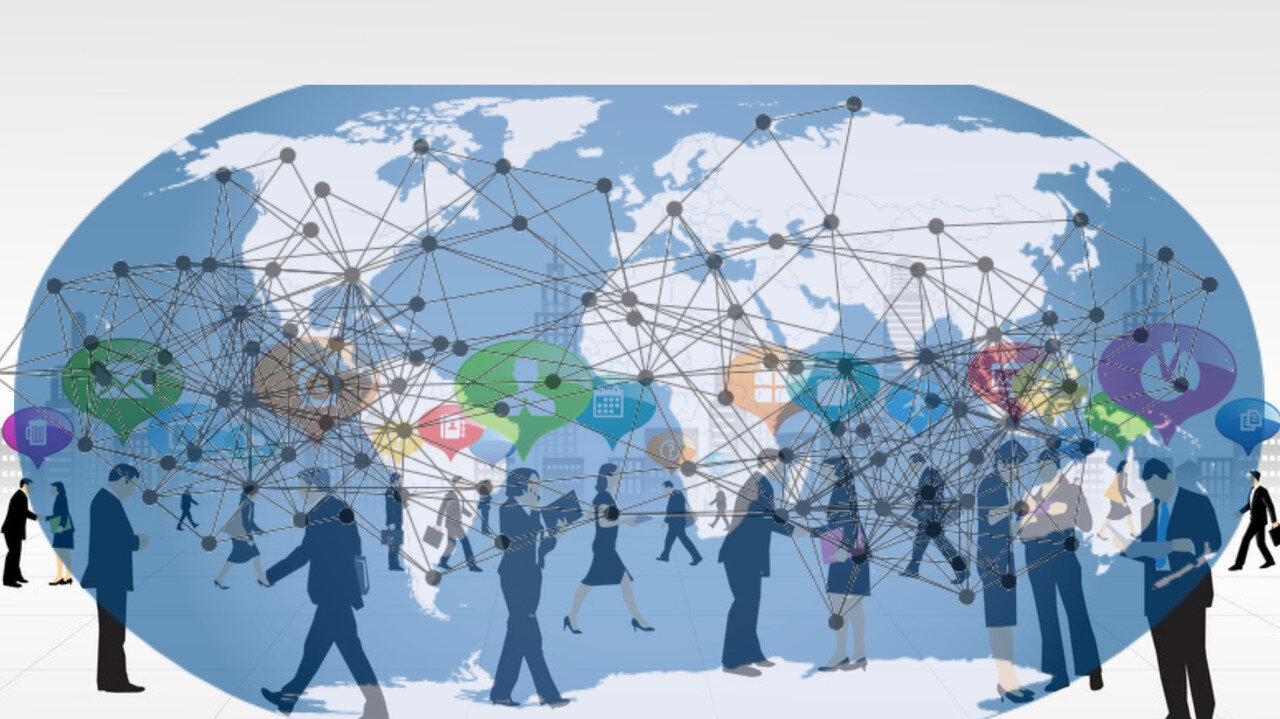The stupid consider false whatever he can't understand (Thomas Aquinas)THE STUPIDS AND THE REVOLUTIONS
The idiot’s life should be a pleasant one: no goals to set, no news or books to read, no concepts to deepen. He can bask in his own existence, living “per inertia”, overtaken by events. He surely experienced apathetically the internet revolution, in the same mood he’s watching the smartphone one and probably won’t realize the change driven by blockchain. Everything flows by his eyes in the same way. Over the history, genius and innovation always fought against stupidity and callousness. Think of Nicolaus Copernicus, Galileo Galilei, Albert Einstein, Nikolas Tesla: all ostracized, mocked or even persecuted by human stupidity. Obviously, stupidity and technology make no exception; it’s plausible to think actually the idiot is externalizing such concepts as “I have had of hear about blockchain” “Blockchain equals Bitcoin” “It’s something that will never work” and so on.
To #itwillneverwork purpose it would be funny just reminding that at Seeds&Chips summit in 2015, Mr. Davide Costa of Foodchain introduced for the first time the concept in applying blockchain to the food value chain for traceability. Almost nobody understood his thought, and he was considered a fool. At the last Seeds&Chips in May, the Blockchain had a full area with 6 exhibitors, all related somehow to food traceability and marketplace, so...who’s the fool now?
Yes, Blockchain, Blockchain, Blockchain. Whoever never heard or read about it in the last 6 months? Despite being undoubtedly one of the most discussed topics in 2018, beyond the hype, Blockchain is not yet in the Google Top 100 searches (but Ripple is), as proof it is still considered as a “niche topic”, not yet mainstream adopted. Let’s go beyond the blockchain, ICO and crypto ban operated by Google and Facebook as we would go out of topic, but considering the impact this technology could have on every aspect of our lives in the near future, and being something new, the mass media and the net are giving it great prominence. It’s enough setting up the Google Alert on “Blockchain” to receive every day at 6:00 am, the update containing every article, rumor, and news on what aims to be the next revolution, leaded the “Distributed Ledger Technology”. As mentioned, in a Blockchain architecture, the ledger is Distributed, and also Decentralized. Decentralization is, in my opinion, the hardest part to understand, the greatest stumbling block whereby blockchain technology was universally digested and accepted by people. It is little wonder, as since French Revolution, all the political economy theorized models contemplate somehow the intervention of the State: total and in every aspect as per Karl Marx’s Socialist theory, or stripped down in case of Adam Smith liberalism, passing through the neoclassic, mixed economy theorized by Keynes. The society and the communities were consequently shaped based on these principles. So, for three centuries our actions have been always needing the supervision or intervention of Governments, Central Banks, Ministries, Authorities, and so on. Every aspect of society has been ruled by a “Middle Man”. Think of public registries (real estate, cars, taxes,...) and to all boards and associations called to watch this or that. Have you overpaid some taxes? Spend a couple of hours in queue at the office or fill out a form online, picture how your dossier will solve the bureaucratic maze and sit down comfortably looking forward to a refund. Do you have to send money to someone? Give the order to your bank to pay your friend’s bank, with the watching of the Central bank, in its turn watched by the Government, itself maybe ruled by someone else. You want to guarantee the olive oil you produce is 100% Italian and Bio? Allow the Consortium and/or the EU scheme to verify every step of your value chain, from harvest to delivery. Who can guarantee the aspirin you take for your headache has been manufactured under GMP or FDA regulations, the different Inspectorates called to watch the entire production and delivery process?
THE MIDDLEMEN
Now let’s think for a while that all of us might lead the tax refund, all of us might watch money transfer, the olive oil chain and the aspirin manufacturing. Once people definitely will understand the banks, the consortiums, and the inspectorates, the governments can be all of us, the blockchain will be able to be mainstream adopted. At the high school, a right-wing professor of Italian Literature used to repeat daily: “Too much democracy drives to anarchy”; whatever your political line, you surely agree this quote is fair. Let’s picture this matter in a blockchain environment, where the people have full power in speech, trade, choose; can it be considered as one the greatest form of democracy? For sure. Is there a risk to turn it into an anarchy? Probably yes.
POWER TO EVERYBODY OR POWER TO NOBODY?
Analyzing the first applications of blockchain, the cryptocurrencies, and the so-called crypto economies, to which theory of economic policy may they belong? For sure, not to the Macroeconomy of John Keynes, maybe to the Liberalism of Adam Smith, but it’s more probably they are close, despite obvious and substantial differences to the Anarcho-Capitalism theorized by Murray Rothbard. Keeping the “Anarchies” up, it’s acceptable thinking that Satoshi Nakamoto, in developing the blockchain concept in 2008, would have been inspired by the “Crypto Anarchist Manifesto”, with which in 1988, Tim May, a former Intel Executive, theorized a cyber-space with total freedom of speech and trade in absolute anonymity.
So Blockchain means Democracy or Anarchy? Probably just in the middle, borderline. One thing is sure: we are watching the rise of a new era, which will bring not just a revolution in technology, but even the shaping of a new sociological model, new economic theories, and why not, new forms of governance. Both if you liked this article or you found it misleading, feel free to comment and/or share it with your network.
